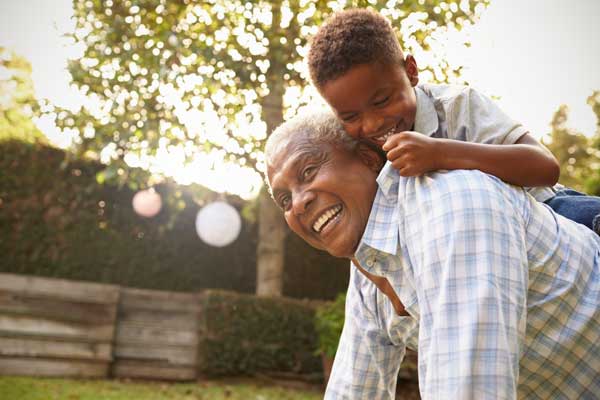The power of praise is often overlooked. It’s something we know we should do when working with children, and it’s talked about frequently, however, making a conscious effort to praise more than correct is not usually our first response in teaching our children. Smarter Parenting suggests that praise should be given 4 times more than consequences or correction. Through the many years of applying the Teaching-Family Model we have learned that praise is more powerful than the best negative consequence. Praise is the most powerful tool when teaching children for several reasons.
The behavior skill of Effective Praise will show you how to make praise powerful and effective. Learn the skill to see the greatest change.
Our natural tendency is to focus on the negative in people and in circumstances. As a result we spend a lot more of our time thinking about things that are going wrong or what we wish people would do better. This especially happens when we interact with our children. Since we are in a position of authority and take the responsibility of teaching our children, we spend a lot of our time telling them what to do and what they can do better. When we begin to focus on the things that are going well, we are happier and more motivated to improve our circumstances, and this carries to our children. If we outwardly and frequently praise our children, their motivation to behave well will increase in order to be acknowledged again.
Praise also helps children feel confident and builds their self-esteem
As long as we are descriptive, specific, and giving effective praise, then children gain more confidence in their abilities. Saying “You are a good girl” is a vague comment that is not as effective in improving your child. But if you say “You did so well cleaning your room without being asked”, then they
know exactly what they did well. Confidence in their abilities will also give hope that they can learn new skills and excel in the future. When you feel good about yourself then you want to continue to do good. We see this theme running over and over again in movies about troubled teens. A troubled boy or girl’s circumstances require them to do something good over a period of time, and then once they feel the internal satisfaction of doing good, then they want to continue, and in doing so turn their life around.
Praise is a great tool to build relationships
People, especially children, are attracted to positivity. Taking the time to praise kids builds a strong, genuine foundation for those times when you do have to correct or have uncomfortable conversations. Children will be more willing to take suggestions and interact with a parent who spends more time focusing on what they do well. In an article entitled The Neurochemistry of Positive Conversations, Judith E. Glaser and Richard D. Glaser explain that positive conversations and comments produce oxytocin, or the feel-good hormone, that “elevates our ability to…trust others…by activating networks in our prefrontal cortex.” In contrast, negative conversations and comments cause our bodies to produce cortisol “that shuts down the thinking center of our brains. We [then] become more reactive and sensitive.” Cortisol effects are long-lasting, thus leaving a larger imprint on us and our future behavior, whereas oxytocin metabolizes more quickly “so its effects are less dramatic and long-lasting.” Thus the need for a 4:1 ratio, because although praise will build trust with our children, the effects don’t last as long. We need to be interacting positively with them more often so we can maintain a strong relationship.
Praise changes behavior faster than consequences do
Although this is true, it’s not merely used as a tool to get children to behave. Praise needs to be sincere, and the desire to help a child improve their behavior needs to be genuine. If the true desire is to help a child improve, they will respond a lot quicker to positive behavior modification than negative.
Learning how to give effective praise was one of the first topics I would introduce to parents who were struggling with their children. Most parents were skeptical of it’s effectiveness or concerned about how it was possible to praise 4 times more than giving correction, but once you understand what to praise, it becomes more natural.
Use praise:
- For things your children already do that you take for granted.
- For improvement, no matter how small.
- For trying to learn a new or different behavior.
Set up a reminder system (i.e. sticky notes around the house, set a timer every 30 minutes) to notice and give praise, and start focusing on the positive behaviors you observe. Just as anything else, frequently praising your child will become a habit if you make the conscious effort to include it more in your parenting.


